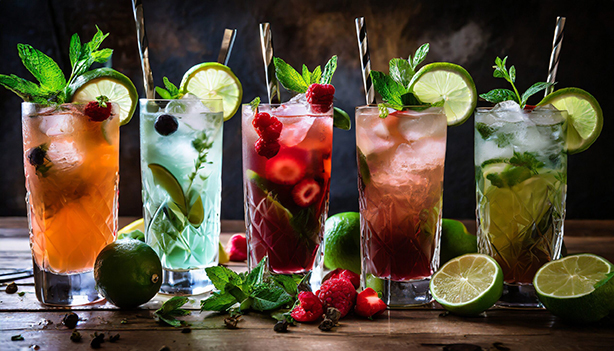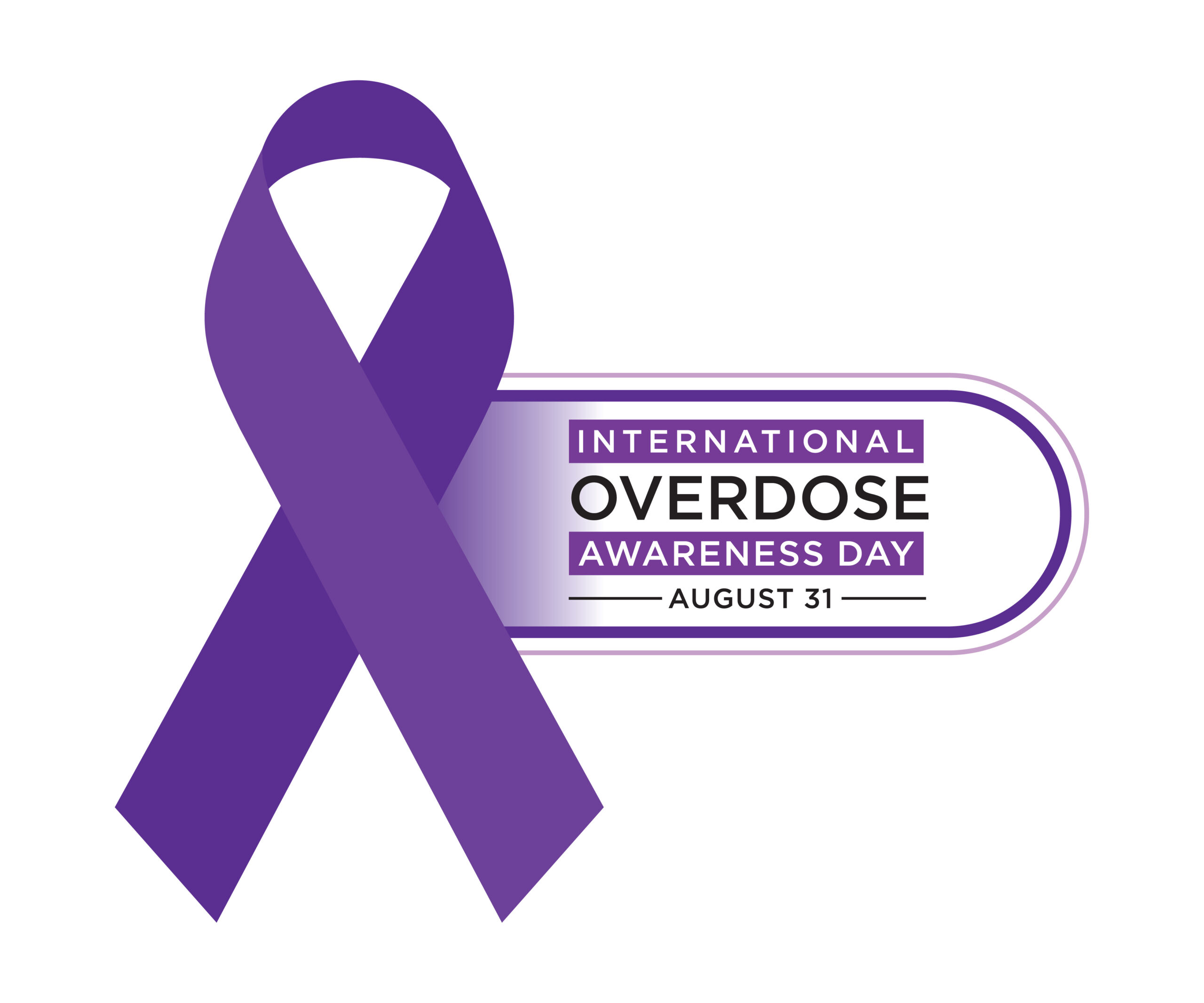Wellness
-
January is the perfect time for fresh starts and new traditions, making it an ideal month to explore the delightful world of mocktails. These non-alcoholic beverages are not just about skipping the booze; they’re about enhancing gatherings with creative, inclusive options that everyone can enjoy.

-
International Overdose Awareness Day (IOAD) serves as an important reminder of the lives lost to drug overdoses. This global event aims to raise awareness about overdose, reduce the stigma surrounding drug-related deaths and acknowledge the grief felt by families and friends.

-
April is known for bright colors, springtime weather and new life. It also marks Alcohol Awareness Month and an opportunity to breathe some of that new life into conversations with teens about alcohol ahead of all the fun festivities that come with the season.

-
Craig Werner, Ph.D., associate director of neuroscience at the National Center for Wellness and Recovery (NCWR), is on a mission to learn more about the brain and substance use disorders.

-
Facing addiction means knowing people don’t have to be perfect in the journey. The path to recovery is different for everyone, but it will include a return to use or relapse for many people.

-
September marks National Recovery Month, a time dedicated to raising awareness about substance use disorders and celebrating those in recovery.

-
Moving a child to college is an exciting time for parents and students. The future looks bright, but it can also be daunting and scary, especially when it comes to the possibilities of exposure to drugs and alcohol.

-
Everyone will need help with something in life and, hopefully, will find that support in a way that empowers and uplifts their journey. The same is true on the path to recovery.

-
When a close friend finds out they have Alzheimer’s disease or cancer, our hearts instantly stir with empathy and compassion. We begin thinking of ways we can help our friend and their family prepare for a long health battle.

-
Experts agree that brains do not fully develop until about age 25. For most people, this is the age when decision-making skills and impulse control begin to stabilize, and adults begin to understand the consequences of actions and make better choices.
